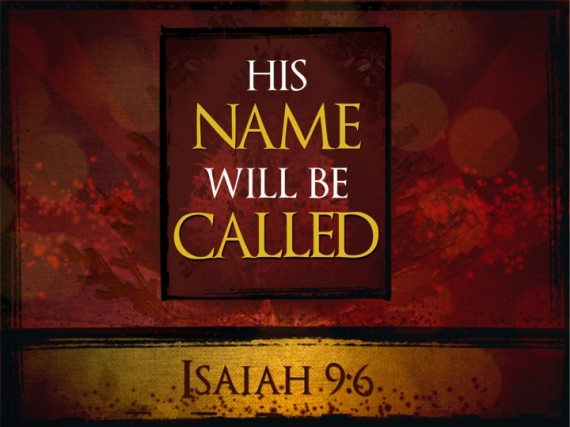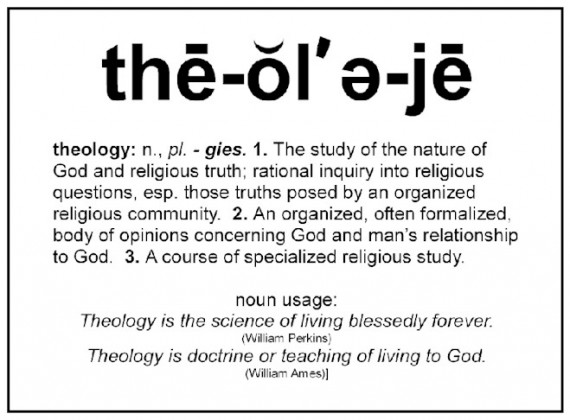 It was Patrick Henry who spoke these immortal words when calling for the United States colonists to rise up in arms against Great Britain:
It was Patrick Henry who spoke these immortal words when calling for the United States colonists to rise up in arms against Great Britain:
Is life so dear, or peace so sweet, as to be purchased at the price of chains and slavery? Forbid it, Almighty God! I know not what course others may take; but as for me, give me liberty, or give me death!
Upon hearing this, the crowd reportedly rose to their feet and shouted, “To arms! To arms!”
I love this quote from one of our nation’s founding fathers, as I love much of the history and values of our great country.
Whose Unalienable Rights?
But I am often surprised and perplexed that men who wrote in the Declaration of Independence that all men are created equal, and are endowed by their Creator with the unalienable rights of life, liberty and the pursuit of happiness, could so quickly seek to take the first of those rights—the right of life—from others.
In other words, it is strange that people seek to defend their life, liberty, and rights by taking away the life, liberty, and the rights of others.
I understand that this is the way the world works, but I also understand that the way of the world rarely matches the way of Jesus.
The Way of Jesus
 While it is true that all people are created equal, and that God has given us the right to life, liberty, and the pursuit of happiness, it is not true that the best way to achieve these rights is through the subjection, enslavement, and killing of others. Do not they also have the unalienable right to life, liberty, and the pursuit of happiness?
While it is true that all people are created equal, and that God has given us the right to life, liberty, and the pursuit of happiness, it is not true that the best way to achieve these rights is through the subjection, enslavement, and killing of others. Do not they also have the unalienable right to life, liberty, and the pursuit of happiness?
But what happens when rights collide? What happens when one person’s pursuit of happiness requires the unhappiness of someone else, or worse, their enslavement or death?
It is here that the way of Jesus is highly instructive. It is also here where the founding fathers of our government, as well as nearly all governments of the world, have missed the mark. And it is also here where most Christians, pastors, and churches have also lost the way of Jesus.
Jesus, in contrast to Patrick Henry, said, “I give you liberty BY my death!”
Christians and churches should follow this example as we seek to be Jesus to the world.










 Though we can never know the spiritual agony that Jesus experienced on the cross, we see hints of it in what He says. For example, His fifth statement from the cross is “My God, My God, Why have you forsaken me?” Jesus, as the second person of the Trinity, has had constant fellowship with God the Father for all eternity. What must it have been like for Him now to have that relationship severed and broken? What must it have felt like for Jesus when our sin separated Him from God? Our sin broke the eternal fellowship of the Godhead!
Though we can never know the spiritual agony that Jesus experienced on the cross, we see hints of it in what He says. For example, His fifth statement from the cross is “My God, My God, Why have you forsaken me?” Jesus, as the second person of the Trinity, has had constant fellowship with God the Father for all eternity. What must it have been like for Him now to have that relationship severed and broken? What must it have felt like for Jesus when our sin separated Him from God? Our sin broke the eternal fellowship of the Godhead! Scholars widely disagree about what happened to Jesus after He died. Some believe He
Scholars widely disagree about what happened to Jesus after He died. Some believe He 


 Have you ever seen t-shirts that say “God’s Gym” or “Abreadcrumb & Fish”? I’ve seen t-shirts with the Guitar Hero design, but on closer inspection, it says “God is my Hero.” Similarly, there are “Amazing Grace” t-shirts that look like the “American Idol” logo, and I have seen shirts with the superman logo, but with “JC” instead of “S.” I’ve seen a Staple’s “Easy” button with the word “Jesus” on it instead.
Have you ever seen t-shirts that say “God’s Gym” or “Abreadcrumb & Fish”? I’ve seen t-shirts with the Guitar Hero design, but on closer inspection, it says “God is my Hero.” Similarly, there are “Amazing Grace” t-shirts that look like the “American Idol” logo, and I have seen shirts with the superman logo, but with “JC” instead of “S.” I’ve seen a Staple’s “Easy” button with the word “Jesus” on it instead. The simple fact that most people don’t know the origins of the word “Easter” shows that a shift has happened over the past 2000 years. The day has been redeemed. Though Easter is a commercialized holiday, most people still associate it with Jesus and His resurrection from the grave.
The simple fact that most people don’t know the origins of the word “Easter” shows that a shift has happened over the past 2000 years. The day has been redeemed. Though Easter is a commercialized holiday, most people still associate it with Jesus and His resurrection from the grave.